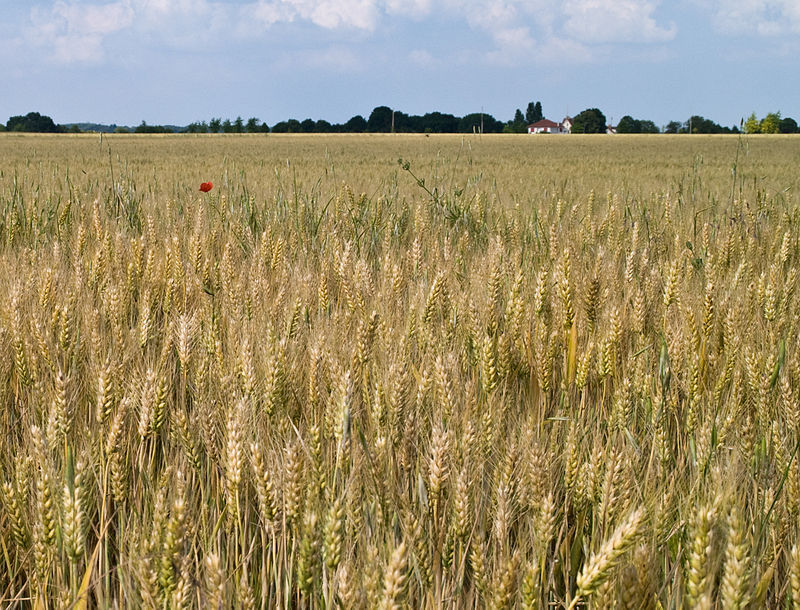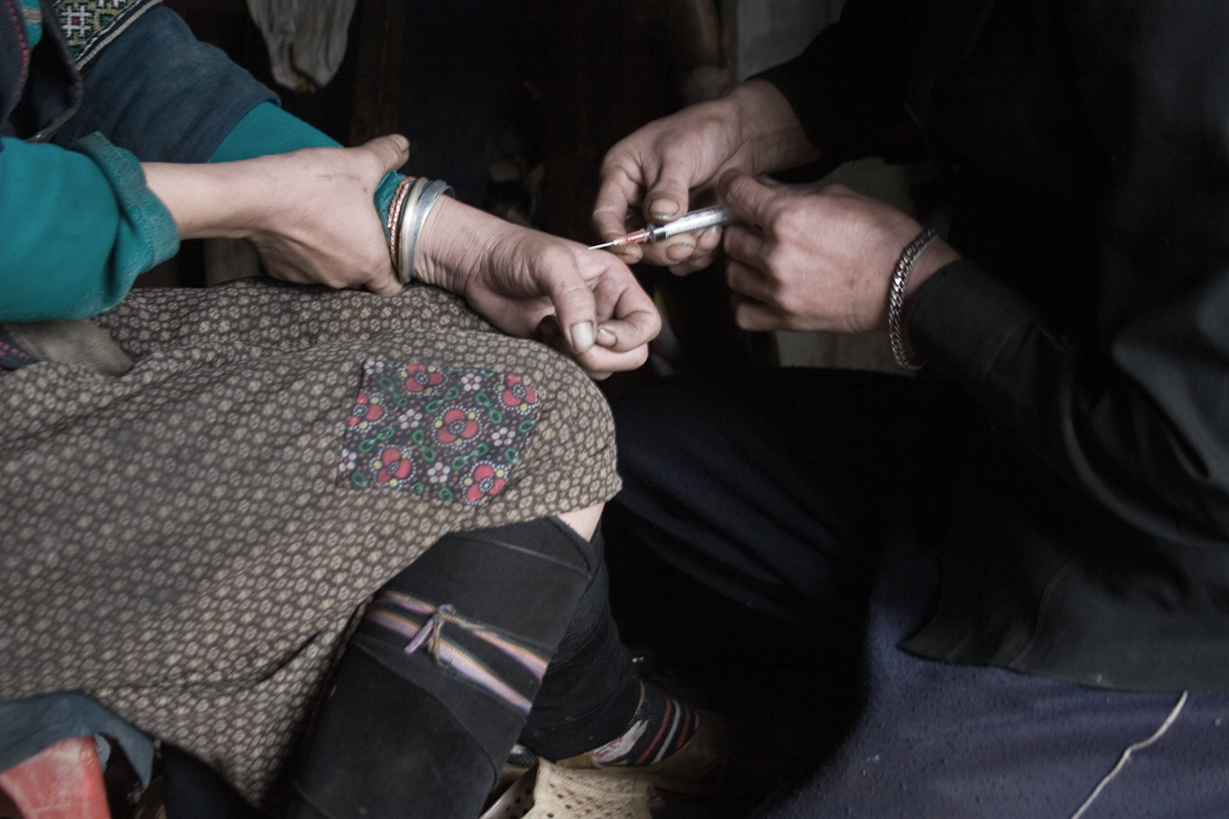 The world is facing a crisis as agricultural production has hit a wall. Research shows the growth rates of essential foods such as corn, rice, wheat, chicken, eggs and vegetables are declining. World leaders need to pursue new methods of supplying sources of food in order to avoid scarcity in the not so distant future.
The world is facing a crisis as agricultural production has hit a wall. Research shows the growth rates of essential foods such as corn, rice, wheat, chicken, eggs and vegetables are declining. World leaders need to pursue new methods of supplying sources of food in order to avoid scarcity in the not so distant future.
We have entered a period of ‘peak production’ which will impact feeding the world’s growing population. Peak production of a crop, animal or other food source indicates the moment at which growth slows down, it does not refer to a decline in production. Research from Yale University, Michigan State and the Helmholtz Centre for Environmental research has discovered the peak production of many staple foods, such as chicken which peaked in 2006, and both milk and wheat peaked in 2004.
The main contributor to the rates of decline is the world’s growing population that places an ever increasing demand on the world’s food supply. Attempting to solve the decline in agricultural production can be a Catch 22 situation. As the need to feed a growing global population increases, production needs to meet demand and will require the use of extra land and water. The extra space will be ever more difficult to acquire as the global population continues to expand, which increases the scarcity of other valuable resources. As more sources of food reach peak production in the coming years, the need to reduce its effects will be depend on new technological innovations.
World food supplies can be increased by 30-40% without ever planting an additional crop if food waste is addressed. A solution to lowering or eliminating waste would be a big step in feeding the expanding population. An effective method to decrease food waste is to improve its packaging. There have been technological advances in food packaging that have made progress in preserving the life of food. Modified Atmosphere Packaging (MAP) alters the atmosphere inside a package with a protective gas mixture that prolongs freshness. This product demonstrated its success with the Sustainable Product Innovation Project in Vietnam where 1000 farmers halved their food waste from 30-40% to 15-20%.
The global population is expected to rise from the current 7.1 billion to 9.7 billion by 2050. Food manufacturing needs to increase by 60% over the next 35 years to ensure it meets world demand. Furthermore, agriculture currently accounts for 70% of global water demand. That is an alarming rate considering the direction agricultural production is currently heading and this would lead to disastrous international water shortages. This makes MAP an enticing technology to invest in as it helps maximize valuable resources.
It is not only the world’s expanding population that is of concern, but more importantly what social classes are on the rise. Countries such as China and India pose grave concern as there is a surge not only in their population, but of their middle-classes which desires a meatier diet, similar to the one the western world has had for decades. Meat requires more resources to develop than other foods and this will only cause more issues.
As the demand for meat increases, it becomes eve more necessary to cut down on waste. Food waste can be used for more productive purposes through a technology called APRE process. It transforms unused animal by-products from slaughterhouses into bio-gas (60% of which is methane) and liquid fertilizer. The heat generated from this process can be converted into electricity. Not only does this curtail waste, it provides a step forward in clean energy.
Research on agricultural production is warning us of the severe struggles in the near future. There is still time to react to the threat by putting a greater focus on technologies that can reduce food waste resulting in a greater quantity of food. Governments must act now or face the consequences of what we eat today, tomorrow.




